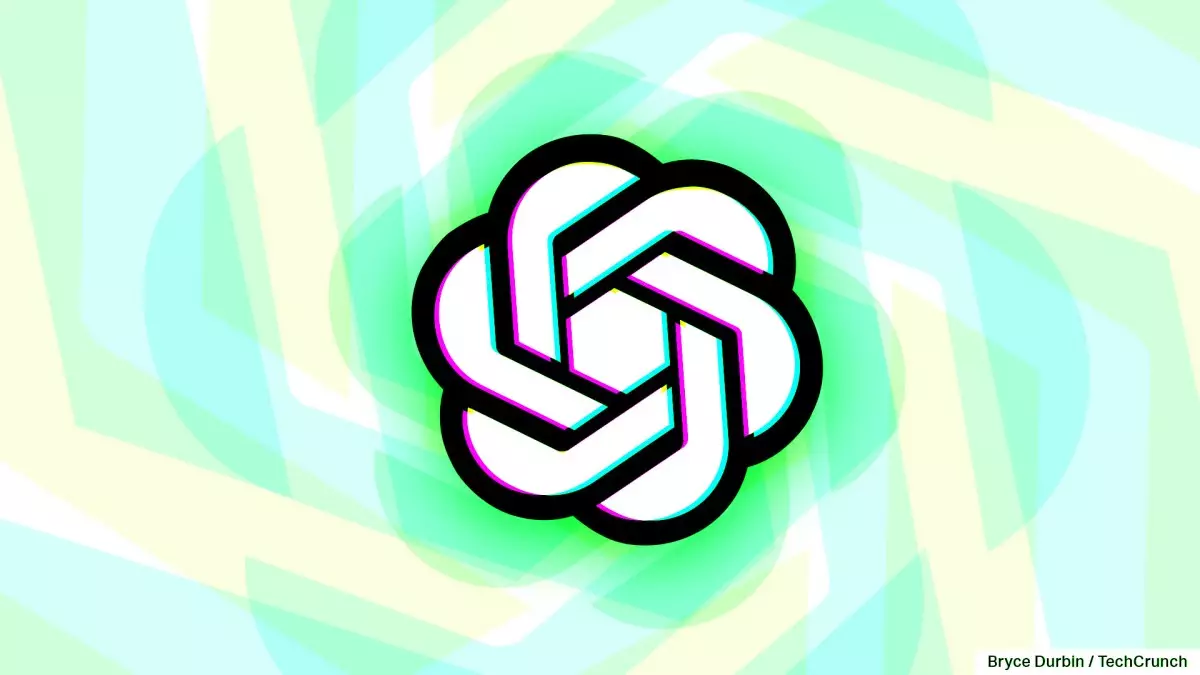OpenAI has taken an innovative leap forward with the introduction of the new “Tasks” feature in its ChatGPT AI. This enhancement is now available for ChatGPT Plus, Team, and Pro subscribers globally. As we venture into this new territory, it becomes clear that the integration of reminder and scheduling capabilities opens up a multitude of possibilities for user engagement and productivity enhancement. The Tasks feature positions ChatGPT as not just a conversational partner but an essential tool that can aid in managing daily activities efficiently.
The Utility of Reminders and Recurring Requests
At the core of the Tasks feature lies the ability for users to set reminders and recurring requests. This is a significant development that mirrors functionalities already seen in established digital assistants like Siri and Alexa. Users can instruct ChatGPT with specific requests, such as reminders about important dates or personalized weekend plans based on local weather conditions. The seamless interaction and user-friendly engagement signify a major evolution from basic question-answering capabilities to more structured and task-oriented operations.
What makes this feature particularly intriguing is its potential for customization. With the flexibility of setting reminders ranging from mundane tasks, like “Remind me to water the plants every Thursday” to more complicated requests such as having ChatGPT provide a daily news briefing, users can tailor their interaction according to their individual needs. Moreover, the fact that the system can suggest tasks based on previous conversations indicates an intelligent adaptation that enhances the user experience.
As AI continues to evolve, the concept of agentic systems—where AI can operate with a degree of autonomy—gains traction. OpenAI CEO Sam Altman has articulated a vision for 2025 where AI agents will considerably integrate into the workforce, augmenting human capabilities in various sectors. The Tasks feature is a nascent form of this vision, granting users more control over their interactions with the AI. However, it is clear that while this introduction lays the foundation for more intricate systems, it remains a simplified version of an agentic architecture.
Despite the capabilities that ChatGPT offers, there are limitations to the Tasks feature, highlighting areas for future development. For instance, while ChatGPT can remind users to check for concert tickets monthly, it requires the user to actively engage with the AI for these reminders. The inability of ChatGPT to perform continuous background searches or execute purchases restricts its functionality compared to fully independent agents. Such limitations call for further innovation and enhancement to fully utilize AI’s potential in personal and professional contexts.
OpenAI is currently navigating through a beta testing phase for the Tasks feature, aiming to gather insights about user interactions and preferences. This learning phase is crucial for refining the feature before broader application across other platforms, including the mobile app and the free version of ChatGPT. Notably, the experience in which tasks cannot be set through Advanced Voice Mode indicates an initial constraint that may frustrate users who prefer voice commands over text inputs.
The meticulous approach by OpenAI to monitor how users engage with this feature will likely influence the trajectory of future AI developments. Harnessing user feedback is essential for creating a more robust and responsive AI system that can meet the evolving needs of its users effectively.
As intriguing as the Tasks feature may be, it also raises essential questions regarding the ethical implications of more advanced AI systems. With enhanced capabilities come increased responsibilities. Balancing user empowerment against potential misuse of autonomous features will be a challenge that OpenAI must navigate as it rolls out more sophisticated AI agents in the coming months.
While the Tasks feature presents exciting new possibilities for users of ChatGPT, it serves as a reminder that the journey toward truly autonomous AI is fraught with both technical hurdles and ethical considerations. As OpenAI prepares to unveil advanced systems like the anticipated Operator agent, it faces the dual responsibility of ensuring effective user support while maintaining stringent safeguards against misuse.
Overall, OpenAI’s introduction of the Tasks feature in ChatGPT signifies a remarkable evolution in the way users interact with artificial intelligence. By enabling users to set reminders and manage recurring tasks, ChatGPT has transcended its traditional function and entered a realm where it can actively contribute to heightened productivity and personalized assistance. As we look to the future, the ongoing development of agentic systems promises to further reshape the landscape of AI, making it imperative for developers to address both the potential and challenges that lie ahead.

